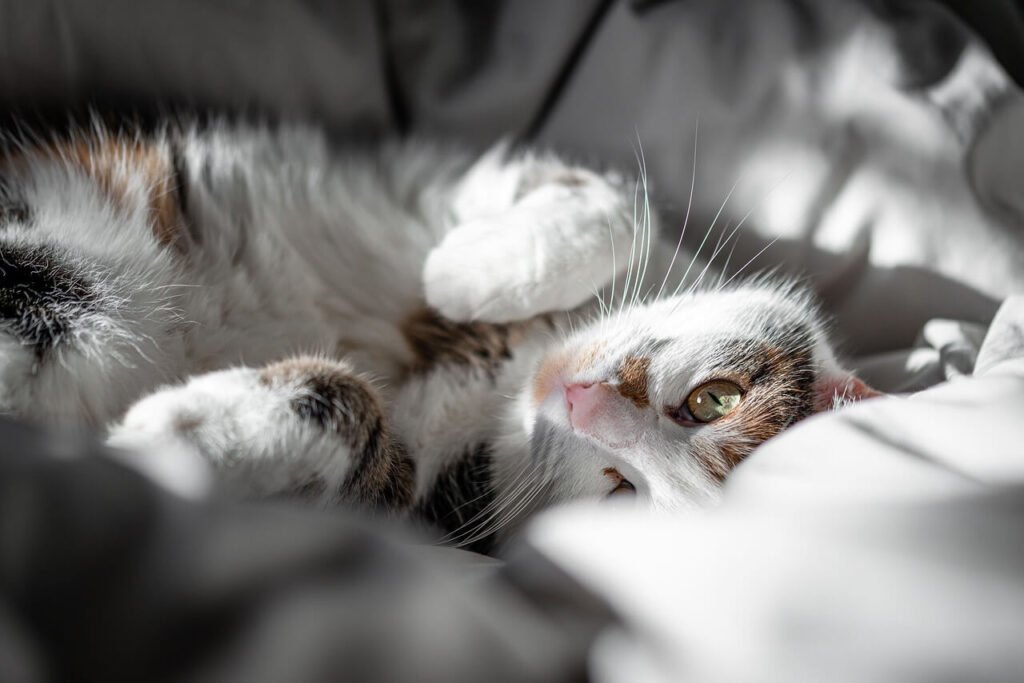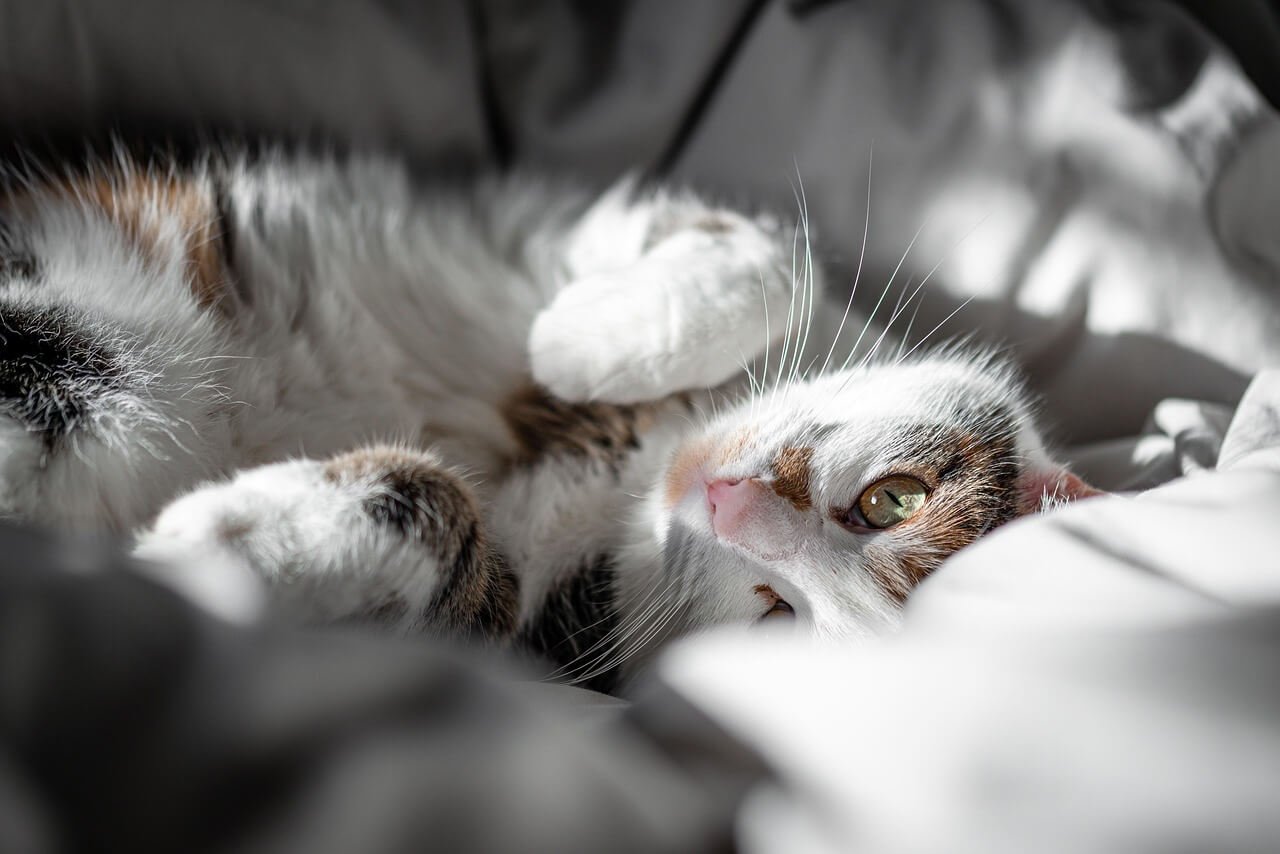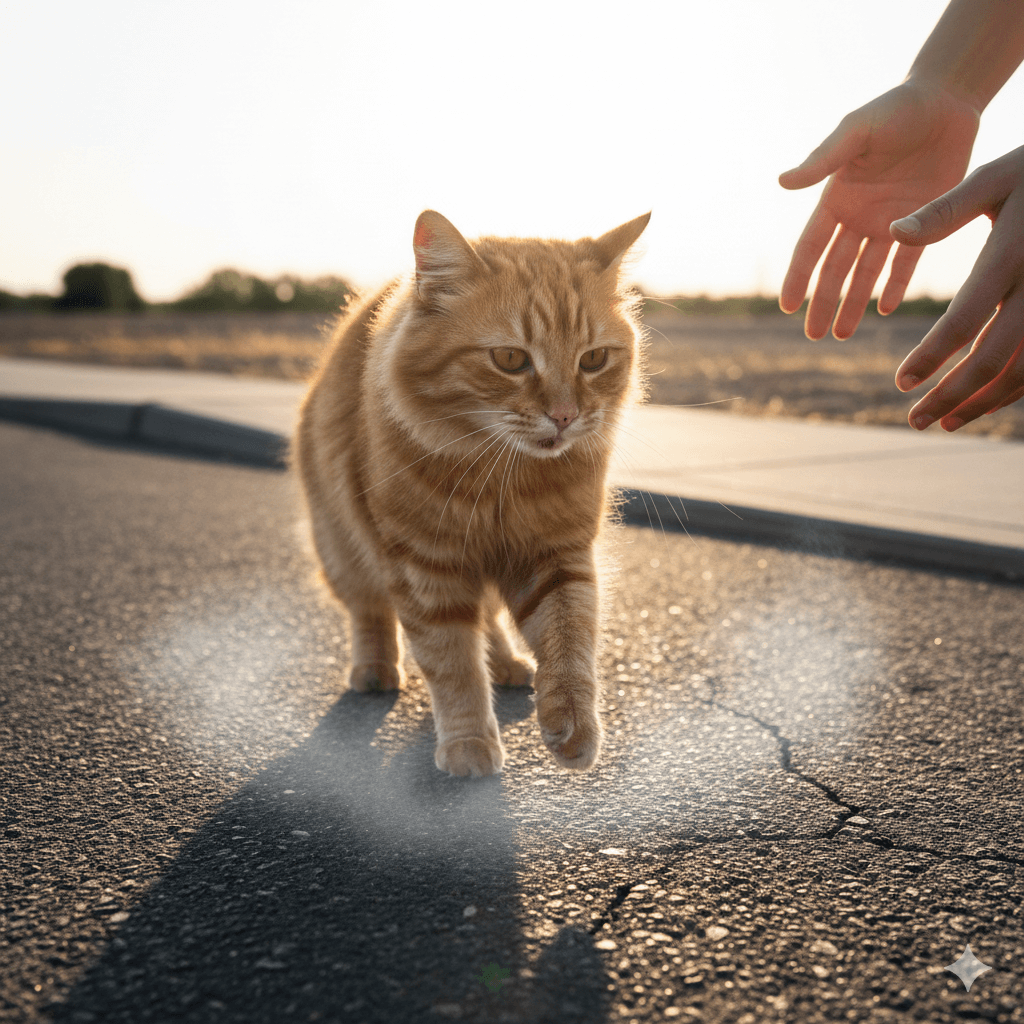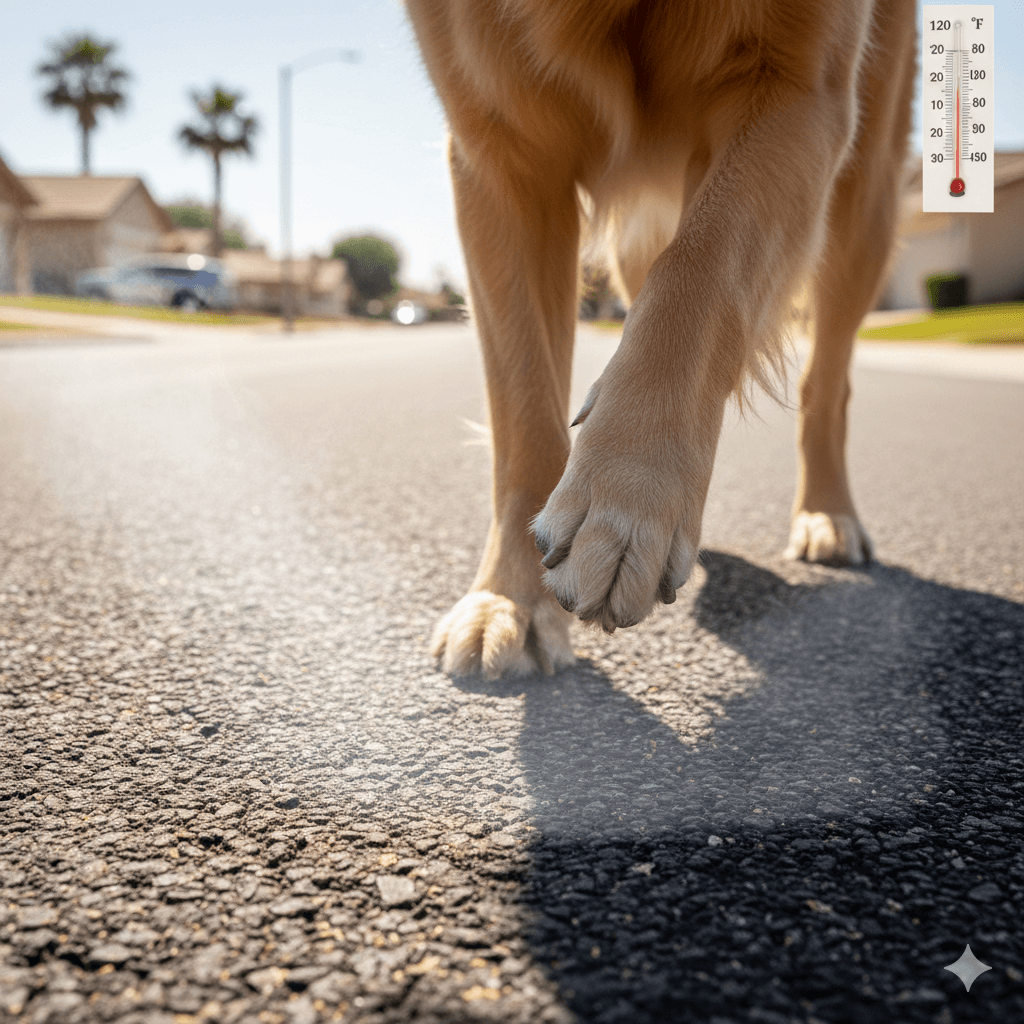Understanding Heart Disease in Cats: How Long Can They Live?
Heart disease in cats is a topic that strikes a chord with many pet owners. Whether you’ve recently received a diagnosis or are simply curious about feline health, understanding the condition and its implications is crucial. While heart disease can be daunting, it’s important to remember that cats are resilient creatures, and with proper care, they can often live fulfilling lives despite their condition. In this blog post, we’ll explore how long a cat can live with heart disease, the factors influencing their lifespan, and ways to support your furry companion through this journey. Let’s dive into the details and empower ourselves with knowledge to ensure our feline friends thrive.
Types of Heart Disease in Cats
Heart disease in cats can manifest in various forms, each with unique characteristics and implications. Below is an overview of the most common types:
Hypertrophic Cardiomyopathy (HCM)
This is the most prevalent form of heart disease in cats, where the heart muscle thickens, impairing its ability to pump blood effectively.Dilated Cardiomyopathy (DCM)
Though less common today due to improved dietary standards, DCM involves the heart muscle becoming weak and enlarged, reducing its efficiency.Restrictive Cardiomyopathy (RCM)
In this condition, the heart walls become stiff, making it difficult for the heart to fill with blood properly.Congenital Heart Defects
These are structural abnormalities present from birth, which may affect blood flow and heart function.Heartworm Disease
While more common in dogs, cats can also suffer from heartworms, leading to heart damage if left untreated.
Understanding the type of heart disease your cat has is essential for tailoring treatment and managing their condition effectively. Each type presents its own challenges, but early detection and intervention can make a significant difference in your cat’s quality of life.
Factors Influencing a Cat’s Lifespan with Heart Disease
Several factors play a role in determining how long a cat can live with heart disease. These elements vary depending on the severity of the condition and the level of care provided. Here’s a breakdown of the key influences:
Severity of the Condition
Cats with mild heart disease may live for years without significant issues, while severe cases can shorten their lifespan considerably.Age of Diagnosis
Early detection allows for timely intervention, potentially extending a cat’s life. Older cats may face additional age-related health challenges.Breed Predisposition
Certain breeds, such as Maine Coons and Ragdolls, are genetically predisposed to heart disease, which can impact their prognosis.Quality of Veterinary Care
Regular check-ups, diagnostic tests, and tailored treatment plans are vital for managing heart disease effectively.Lifestyle and Diet
A balanced diet, weight management, and stress reduction can significantly improve a cat’s overall health and longevity.
By addressing these factors, pet owners can create a supportive environment that maximizes their cat’s chances of living a longer, healthier life despite heart disease.
Check this guide 👉Understanding Cat Heart Murmurs: Best 7 Health Tips!
Check this guide 👉Understanding Your Cats Resting Heart Rate: Best 7 Tips!

Factors Affecting Lifespan | Ways to Support Your Cat |
|---|---|
Early diagnosis | Schedule regular vet check-ups |
Proper medication | Administer prescribed treatments |
Balanced diet | Provide heart-friendly nutrition |
Stress reduction | Create a calm and safe environment |
Regular monitoring | Track symptoms and report changes |
Symptoms to Watch For in Cats with Heart Disease
Recognizing the signs of heart disease early can help you seek timely veterinary care. Here are some common symptoms to monitor:
Difficulty Breathing
Cats may pant, breathe rapidly, or show signs of labored breathing, especially after physical activity.Lethargy
A noticeable decrease in energy levels or reluctance to engage in play can indicate underlying heart issues.Coughing
While uncommon in cats, persistent coughing may signal heart problems.Fainting or Collapse
Episodes of fainting or sudden weakness should not be ignored, as they may point to poor circulation.Swollen Abdomen
Fluid buildup in the abdomen, known as ascites, can occur due to heart failure.
Being vigilant about these symptoms allows you to act quickly and provide your cat with the care they need. Early intervention can make a world of difference in managing heart disease.
Managing Heart Disease in Cats: Practical Steps
Taking proactive steps to manage your cat’s heart disease can greatly enhance their quality of life. Here are some practical measures you can implement:
Follow Veterinary Advice
Adhere to your vet’s recommendations regarding medications, dietary changes, and lifestyle adjustments.Monitor Weight
Maintain a healthy weight to reduce strain on your cat’s heart and improve overall health.Limit Stress
Create a peaceful environment by minimizing loud noises, unfamiliar visitors, and other stressors.Provide Moderate Exercise
Encourage gentle play to keep your cat active without overexerting their heart.Stay Informed
Educate yourself about feline heart disease to better understand your cat’s needs and the available treatment options.
By incorporating these practices into your daily routine, you can help your cat lead a comfortable and happy life despite their condition.
Signs of Progress in Managing Heart Disease
Managing heart disease in cats requires vigilance and adaptability. Over time, you may notice improvements or changes in your cat’s condition that signal progress. Here are some positive indicators to look for:
Improved Energy Levels
If your cat starts showing more interest in play or daily activities, it could indicate that their treatment plan is working effectively.Stable Weight
Maintaining a consistent weight without significant fluctuations is a good sign that your cat’s health is being managed well.Reduced Breathing Difficulties
Easier breathing or fewer episodes of labored breath can reflect improved heart function and overall comfort.Decreased Fainting Episodes
A reduction in fainting or collapsing incidents suggests better circulation and heart efficiency.Better Appetite
An increase in appetite often correlates with improved overall health and well-being.
These signs of progress can reassure you that your efforts are making a difference. Celebrate these milestones, but continue to monitor your cat’s condition closely.
Potential Complications of Untreated Heart Disease
Untreated or poorly managed heart disease can lead to serious complications that impact your cat’s quality of life. Understanding these risks underscores the importance of timely intervention. Here are some potential complications:
Congestive Heart Failure
This occurs when the heart cannot pump blood effectively, leading to fluid buildup in the lungs or abdomen.Blood Clots
Heart disease increases the risk of blood clots, which can cause sudden paralysis or severe pain, particularly in the hind legs.Arrhythmias
Irregular heartbeats can disrupt normal blood flow and lead to further complications if left untreated.Organ Damage
Poor circulation from heart disease can damage vital organs like the kidneys and liver over time.Sudden Collapse
In severe cases, untreated heart disease can result in sudden collapse or even death due to heart failure.
Recognizing these risks highlights the importance of proactive care and regular veterinary check-ups. Early action can prevent many of these complications from arising.
Tips for Emotional Support During Your Cat’s Journey
Caring for a cat with heart disease can be emotionally challenging, but providing emotional support is just as important as medical care. Here are some ways to nurture your bond and stay positive:
Spend Quality Time Together
Engage in gentle activities like grooming or cuddling to strengthen your connection and provide comfort.Create a Safe Space
Designate a quiet, cozy area where your cat can retreat to feel secure and relaxed.Celebrate Small Wins
Acknowledge and celebrate every improvement, no matter how minor, to stay motivated and hopeful.Seek Support from Others
Join online communities or local groups of pet owners facing similar challenges to share experiences and advice.Practice Self-Care
Taking care of your own emotional well-being ensures you have the energy and resilience to support your cat fully.
By focusing on emotional support, you can create a nurturing environment that benefits both you and your feline companion. Remember, your love and dedication are invaluable throughout this journey.
Frequently Asked Questions About Heart Disease in Cats
Can heart disease in cats be cured?
Unfortunately, most forms of heart disease in cats cannot be cured, but they can often be managed effectively with proper care and treatment.
How is heart disease diagnosed in cats?
Veterinarians use tools like echocardiograms, X-rays, and blood tests to diagnose heart disease in cats.
What is the average lifespan of a cat with heart disease?
The lifespan varies depending on the type and severity of the disease, but many cats can live for several years with appropriate management.
Are certain breeds more prone to heart disease?
Yes, breeds like Maine Coons, Ragdolls, and Persians have a higher risk of developing heart conditions.
Can diet help manage heart disease in cats?
Absolutely! A balanced diet low in sodium and rich in essential nutrients can support heart health and overall well-being.
Empowering Your Feline Friend: Living Well with Heart Disease
Heart disease in cats may seem overwhelming, but it doesn’t have to define your pet’s life. With early detection, proper veterinary care, and a loving, supportive environment, many cats with heart conditions can enjoy happy, fulfilling lives. By staying informed and proactive, you can ensure your feline companion thrives despite their diagnosis. Remember, your love and dedication are the most powerful tools in helping your cat live their best life. Together, you can navigate this journey with hope and resilience.
Newfoundland Dog Personality: Best 7 Expert Tips! – Discover the gentle, loyal, and protective nature of this giant breed perfect for families.
Can Hot Pavement Burn Your Cats Paws? Best 7 Expert Tips! – Learn how to protect your cat’s paws from hot surfaces and prevent painful burns this summer.
Can Hot Pavement Burn Your Dogs Paws? Best 7 Expert Tips! – Learn how to protect your dog’s paws from hot surfaces and ensure safe summer walks.
Irish Wolfhound Size: Best 7 Expert Tips! – Discover the ideal height, weight, and care tips for this majestic giant breed. Learn how to manage their impressive stature responsibly.





